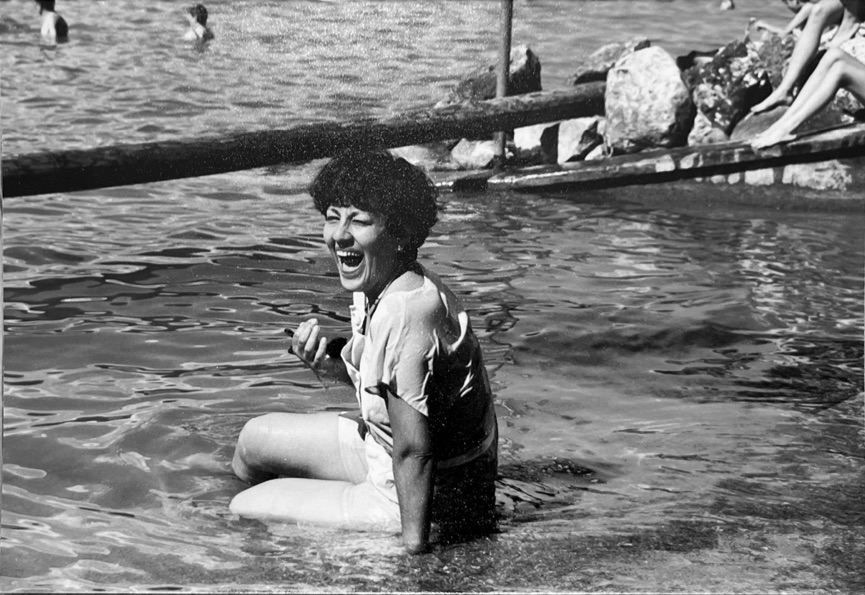MARTHA PRADO

Martha Prado was born in Peru, in a society deeply marked by machismo. From an early age, she observed how the women around her were underestimated and relegated to secondary roles, while the men, instead of challenging that mentality, perpetuated it. Growing up in that environment was a constant challenge for Martha, who, despite the adversities, decided to forge her own path. From a young age, she knew that she wanted to be independent and fight for a better life, but the machismo that surrounded her made every step forward a battle.
When Martha moved to Brazil in 1977, she faced new difficulties. She was abandoned by the father of her children, leaving her in an extremely vulnerable position as a divorced mother in a foreign country. Without a support network and without fully mastering the language, she was marginalized and faced the isolation that comes with being a foreigner. The language barrier and lack of integration not only affected her personal life but also her professional one. In Brazil, as a law professor, she found herself in a work environment dominated by men. Few women managed to stand out in the field of law, a field dominated by sexism.
During her academic training and professional career, Martha had to face men who tried to make it difficult for her to access opportunities. The path to obtaining her doctorate was filled with obstacles, not only academic but also social, as the academic world, especially in law, was designed to keep women in a subordinate role. However, Martha did not let these barriers stop her. She fought with determination to prove her worth in an environment that tried to minimize her achievements.
Martha’s strength came from a fundamental pillar in her life: her mother. Her mother was the first to break with machista ideas and instilled in her the value of independence and self-determination. This example was key for Martha to make a crucial decision: to leave a marriage with a man who did not value her and, like many men around her, took advantage of the situation. Although society did not look kindly on a woman leaving her husband, Martha knew that this step was necessary for her well-being and that of her children.
The path to her independence was not easy. Martha suffered a lot at the hands of her ex-partner, facing dishonesty and mistreatment. However, instead of letting these experiences break her, she used them as life lessons that she shared with her children. She taught them not to repeat the mistakes she had lived through and to fight for a life of respect and dignity. The separation, though painful, was a solution that allowed Martha to save herself and her family.
One of the most impactful experiences for Martha happened when she separated from her ex-husband. The words he said to her when he left stayed in her mind: “I won’t give you a month before you beg me on your knees to take you back.” Those words, far from weakening her, became her greatest source of motivation. They gave her the strength to raise her two children alone in a foreign country, without depending on anyone but herself. Martha set out to prove that she was capable of moving forward without a man’s help and that she could provide her children with a full and happy life.
With unwavering determination, Martha overcame all the difficulties she encountered along the way. She never allowed her personal struggles to affect her children, and she always ensured that they grew up in an environment full of love and support. Today, Martha has overcome all the obstacles life presented to her. She raised her children alone, completed her academic training, and built a solid professional life in an environment that initially seemed designed to exclude her.
Now, Martha feels fully accomplished. She has proven, not only to her ex-partner but also to herself, that she is more than capable of achieving everything she sets her mind to. Martha’s story is one of struggle, resilience, and triumph over adversity. Her life is an example of how, despite social, personal, and professional challenges, a woman can move forward, find her own strength, and build a happy life for herself and her family.

